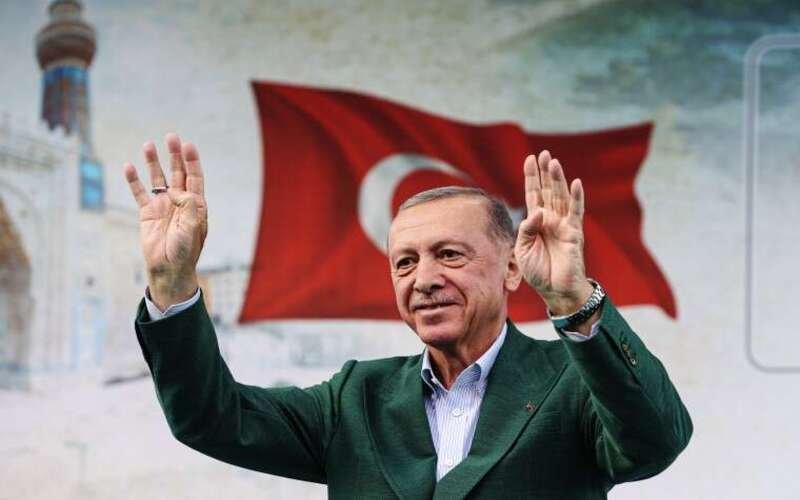Erdogan linked Sweden’s NATO participation to Turkey’s EU membership. Turkish President Recep Tayyip Erdogan has made a statement linking Sweden’s NATO membership to Turkey’s European Union (EU) accession. This remark has sparked discussions and raised questions about the complexities of NATO-EU dynamics and Turkey’s EU membership aspirations. This article delves into the details of Erdogan’s statement and its implications.
Erdogan’s Statement and Context
During a press conference, President Erdogan stated that Sweden’s NATO membership could influence Turkey’s progress toward EU accession. He highlighted the need for fairness and reciprocity in international relations, suggesting that NATO membership should align with the EU membership process.
It is essential to understand that Turkey has been pursuing EU membership for several years, facing numerous challenges and negotiations regarding various aspects of its candidacy. Turkey’s relationship with the EU has been scrutinized, with debates over democratic values, human rights, and the rule of law.
Complexities of NATO-EU Dynamics
Erdogan’s statement highlights the complexities surrounding the relationship between NATO and the EU:
- Different Membership Criteria: NATO and the EU have distinct membership criteria and operate as separate entities. While NATO focuses on security and defense cooperation, the EU encompasses broader political, economic, and social integration. Membership in one organization does not automatically guarantee membership in the other.
- Overlap and Cooperation: Many NATO member countries are also EU members, leading to overlap and cooperation between the two organizations. However, NATO-EU cooperation faces challenges due to political dynamics, diverging interests, and differences in decision-making processes.
- Autonomous Decision-Making: Each organization makes autonomous decisions regarding membership and operates based on its principles and criteria. Linking membership in one organization to another can complicate the decision-making processes and may not align with the autonomous nature of each organization.
- Negotiation Process: Turkey’s EU accession process involves negotiations with EU member states, addressing various political, economic, and legal criteria. While there may be political considerations and shared values between NATO and the EU, the EU accession process is independent and subject to its assessment.
Implications and Further Discussions
Erdogan’s statement linking Sweden’s NATO membership to Turkey’s EU accession has sparked discussions and debates, both within Turkey and among NATO and EU member states. It raises questions about the interplay between these organizations and the complexities of Turkey’s EU membership aspirations.
Further discussions and diplomatic efforts will be required to address the challenges and opportunities presented by Turkey’s EU candidacy and its relationship with NATO. These discussions should consider both organizations’ unique dynamics and criteria and strive for fairness, transparency, and adherence to established principles.
Conclusion
President Erdogan’s statement linking Sweden’s NATO membership to Turkey’s EU accession highlights the complexities of NATO-EU dynamics and the challenges Turkey faces in its EU membership aspirations. It emphasizes the need for separate evaluations and negotiations for membership in each organization. Further discussions and diplomatic efforts will be crucial in navigating the path forward and addressing the complexities surrounding Turkey’s EU candidacy and its relationship with NATO.
















































Comment Template